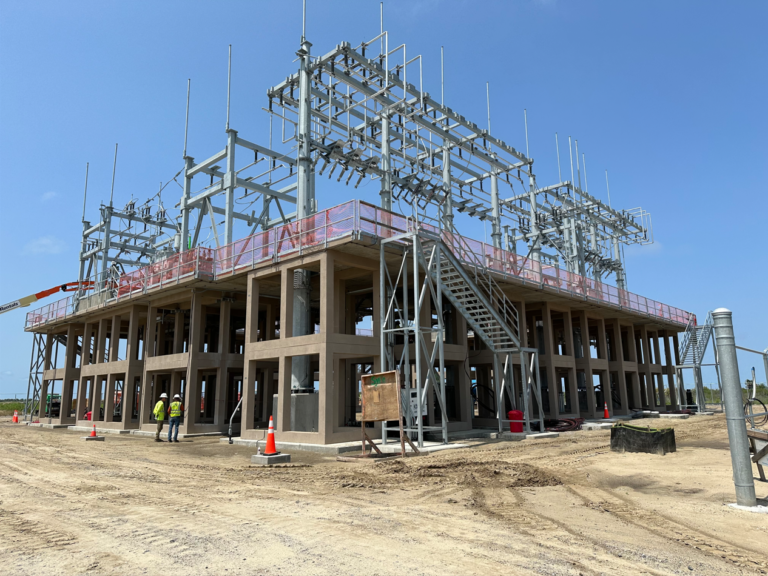
Subcontractors USA NEs Provider
Austin Business Journal
While rescue efforts are still underway in the Houston region in the aftermath of Hurricane Harvey, state and federal officials are already wrestling with the formidible task of cleaning up and rebuilding infrastructure and homes once the unprecedented amount of floodwaters recede.
The staff at Austin-based Strategic Partnerships Inc., which tracks contract opportunities for vendors of all types around the state, said they have been inundated with calls from contractors asking about cleanup and rebuilding efforts.
Mary Scott Nabers, Strategic Partnerships’ CEO, on Wednesday published a list of guidelines for contractors that want to be part of the cleanup and construction efforts down the road.
Vendors should also know that the Federal Emergency Management Agency continually stockpiles essential emergency goods, known as initial response resources, long before disasters occur so resources can move quickly.
Those emergency items include bottled water, food, cots, tarps, blue roofing sheeting and blankets. While exact quantities fluctuate, the division typically keeps about 13.1 million items with a street value of about $96 million in supplies stockpiled, according to Nabers’ report.
The FEMA Public Assistance Grant Program moves into action after an event is declared a disaster. This program provides resources for contractors related to the repair, replacement or restoration of public facilities that are eligible for funding assistance. Contractors should contact this division of FEMA to inquire about getting vetted for pre-arranged contracts.
Contractors can register with FEMA’s System for Award Management division and submit a voluntary vendor profile form. Follow this link to read Strategic Partnership’s full report on contracting opportunities. https://bit.ly/2x66yp1
Estimates of the destruction wrought by the hurricane, which made landfall a second time on Wednesday east of Houston headed toward Louisiana, are projected to be somewhere in the range of $160 billion, with Texas accounting for most of that total.







